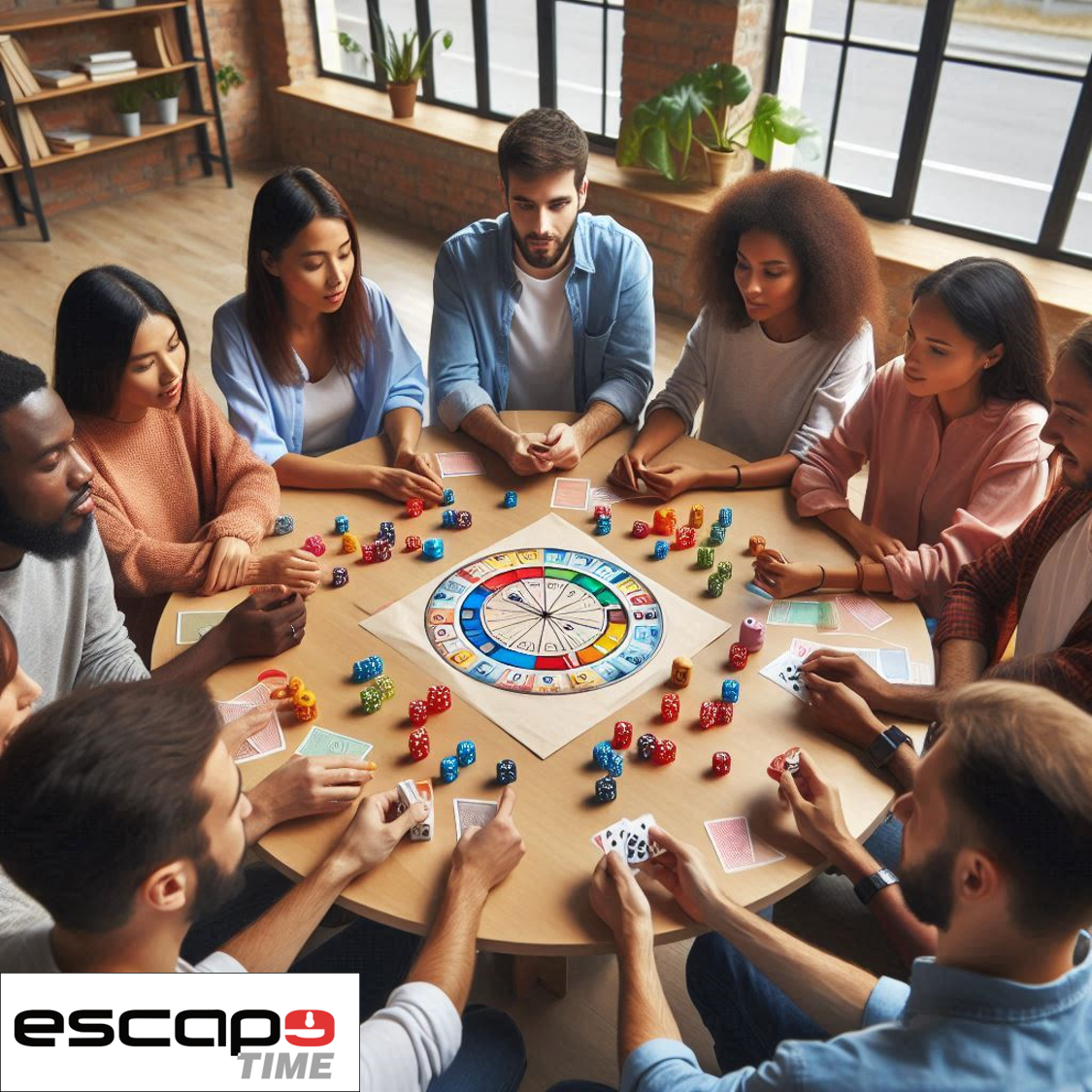
Retrospective of Corporate Training with Gamification in the First Half of 2024
1. Growth in Gamification Adoption
In the first half of 2024, there was a significant increase in the adoption of gamification in corporate training. Companies across various sectors recognized the potential of gamification to engage employees, improve knowledge retention, and increase motivation. Gamification was integrated into onboarding programs, leadership development, and specific skills training.
2. Emerging Technologies
Technological innovations continued to drive gamification. Augmented reality (AR) and virtual reality (VR) were widely used to create immersive training environments. For example, manufacturing companies used VR simulations to train workers in factory settings, while financial services corporations adopted AR for compliance training.
3. Personalization of Training
Personalization of gamified training was a notable trend. Using data and analytics, companies were able to create personalized learning experiences for their employees. Adaptive gamification platforms automatically adjusted content and challenges based on each participant's progress and performance, ensuring a more effective and engaging learning experience.
4. Socio-emotional Skills
In addition to technical skills, there was an increasing focus on developing socio-emotional (soft) skills through gamification. Games and simulations were used to train skills such as leadership, teamwork, conflict resolution, and communication. This approach helped employees develop essential competencies for the modern workplace.
5. Serious Games
Serious games gained prominence as effective training tools. Healthcare companies, for instance, implemented games to train professionals in complex medical procedures and emergency situations. In the field of cybersecurity, serious games were used to simulate cyberattacks and teach defense practices.
6. Immediate Feedback and Rewards
One of the most valued features of gamification is immediate feedback and rewards. In the first half of 2024, many gamified training platforms integrated systems of points, badges, and leaderboards to encourage participation and recognize employee progress. These reward mechanics helped keep participants motivated and engaged.
7. Interdepartmental Collaboration
Gamification also facilitated collaboration between different departments within companies. Team games and interactive challenges promoted collaboration and communication among employees from various areas, strengthening organizational culture and fostering a more cohesive work environment.
Conclusion
The first half of 2024 was marked by significant advances in the use of gamification in corporate training. The growing adoption, driven by technological innovations and the personalization of learning experiences, demonstrated the transformative potential of gamification. Companies that invested in gamification reaped benefits such as increased engagement, development of essential skills, and a stronger and more collaborative organizational culture.
If you are looking to implement gamification strategies and immersive experiences in your company, Escape Time is the ideal partner. We specialize in creating customized gamified solutions that meet the specific needs of your business. Contact us and find out how we can transform your team's training and development through gamification and immersive experiences.
